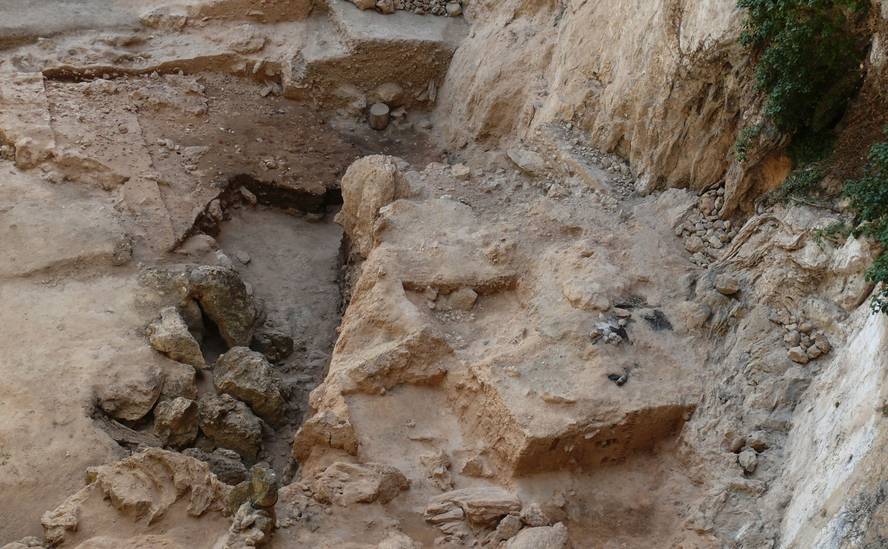Neanderthal excrement, the key to knowing your diet
Analyzing the fossilized excrement of the Neanderthals, it has been proven that the Neanderthals of the site of El Salt (Alicante) ate not only meat but also plants. The study, published in the journal PLOS One, has allowed researchers to show that the methodology used is appropriate to know the human diet of the time.
In fact, as the researchers explained, knowledge of the Neanderthal diet was based on indirect evidence. Thus, the fossils and bone remains that appear in their homes show that they hunted large herbivorous animals, especially of certain species. Moreover, the specialized diet would be, according to some, one of the causes of its disappearance.
However, the remains found recently on the teeth have altered this vision by seeing that many plant species cook and feed. However, these data were not enough to know the composition of the diet. Now, researchers from the University of La Laguna and MIT have studied biomarkers in the exaltation of Neanderthals and have discovered that they were omnivorous. In addition, they have received information about the bacteria (microbiome) and the digestive system that inhabited their intestines.
According to Ainara Sistiaga, “this is the first time that fecal biomarkers have been used to investigate the Neanderthal diet.” These droppings are about 50,000 years ago and are considered the oldest to be found.
The analysis used 10 grams of waste. They have found various compounds related to diet and food metabolism, such as coprostanol and phytosterols. The first is produced by the action of intestinal bacteria, from cholesterol, indicating that they ate meat, while 5-beta-stigmastanol and other phytosterols also consumed plants.
Thus, the researchers conclude that the Neanderthals of El Salto were omnivorous. In addition, seeing that cholesterol became coprostanol, they have announced that their gut microbiome was similar to ours.






